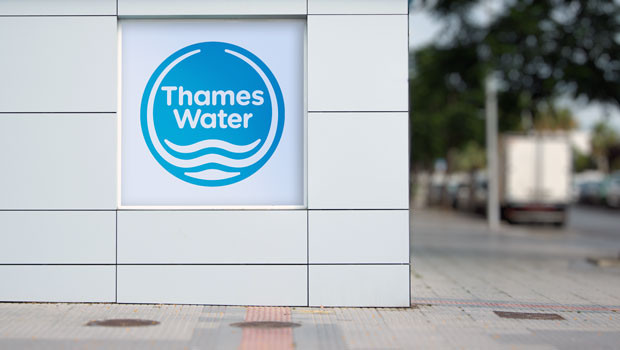Thames Water seeks High Court approval for £3bn emergency loan

Thames Water, the UK's largest water utility, is seeking High Court approval for a £3bn emergency loan to avert a cash crisis that could see the company run out of funds by March.
The court hearing, which started on Tuesday morning, was the first step in a proposed restructuring plan aimed at stabilising the heavily-indebted company, which owes about £17bn.
According to Reuters, the loan, backed by Thames Water’s senior creditors, would provide essential liquidity over two and a half years, but would come with a steep interest rate of 9.75%.
The agreement would give ‘super-senior’ status to A-class bondholders, placing their claims ahead of other creditors in the event of a default.
However, the terms had sparked opposition from lower-tier creditors, who argued that the proposed bailout was unnecessarily costly and favoured senior lenders.
Campaigners and critics, including MPs and activist groups, had raised concerns about the burden the bailout could place on consumers.
Estimates suggested the deal could cost households an additional £250 annually through higher bills.
Protesters gathered outside the court on Tuesday, calling for the government to intervene by placing Thames Water into public ownership through a Special Administration Regime (SAR).
Critics argued that privatisation had failed, citing increased pollution incidents and financial mismanagement.
Thames Water contended that without approval, the company risked collapse, leaving no alternative but state intervention under SAR, a scenario likely to result in greater losses for creditors.
The company also emphasised that the loan was a prerequisite for attracting a further £3.25bn in equity, needed to fund vital infrastructure investments up to 2030.
A decision from the court was expected in January, following a creditor meeting on 13 January and a final sanctions hearing on 20 January.
Meanwhile, Ofwat, the industry regulator, was set to announce on Thursday its determination on how much water companies, including Thames Water, could charge customers over the next five years.
Reporting by Josh White for Sharecast.com.